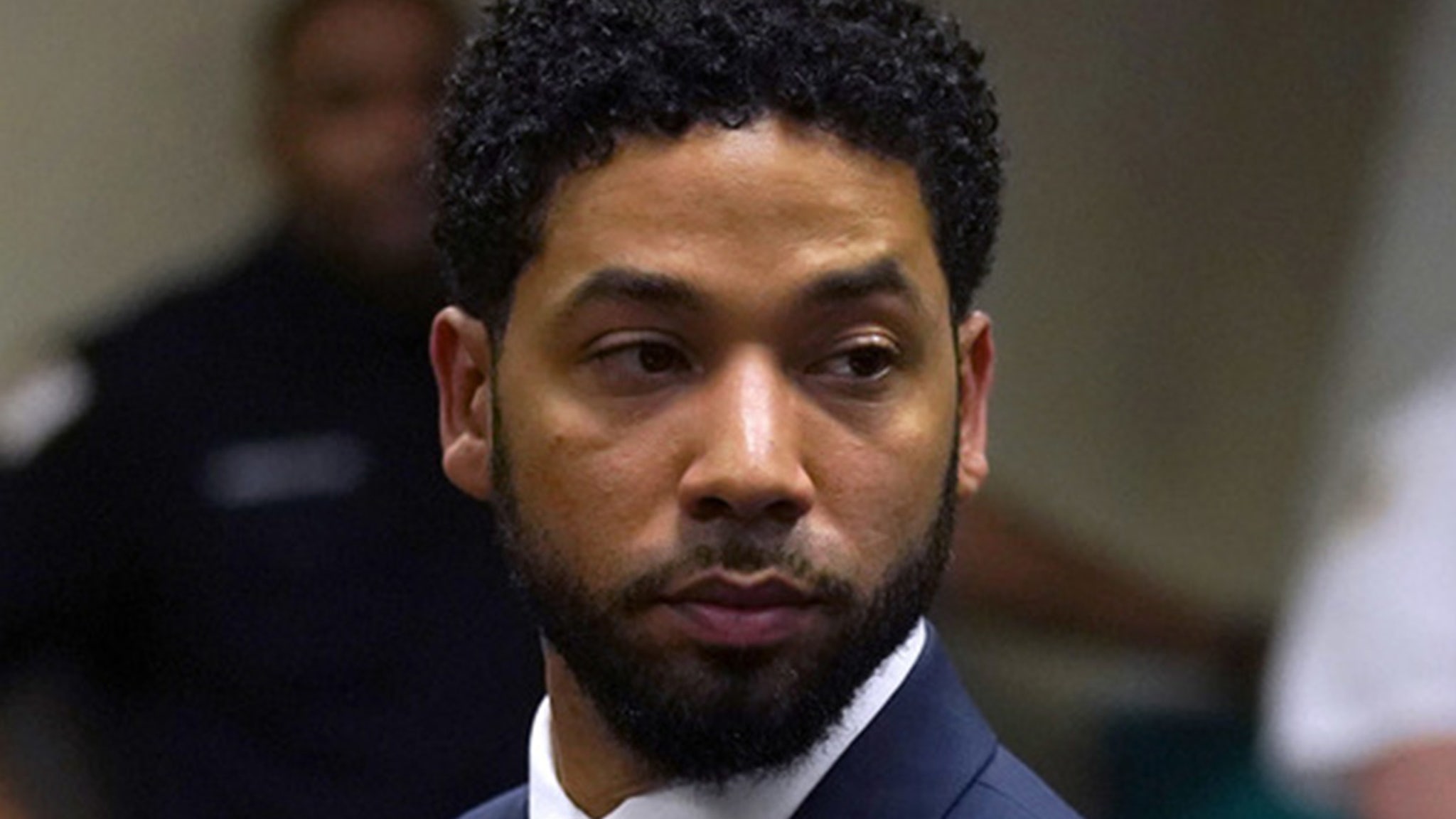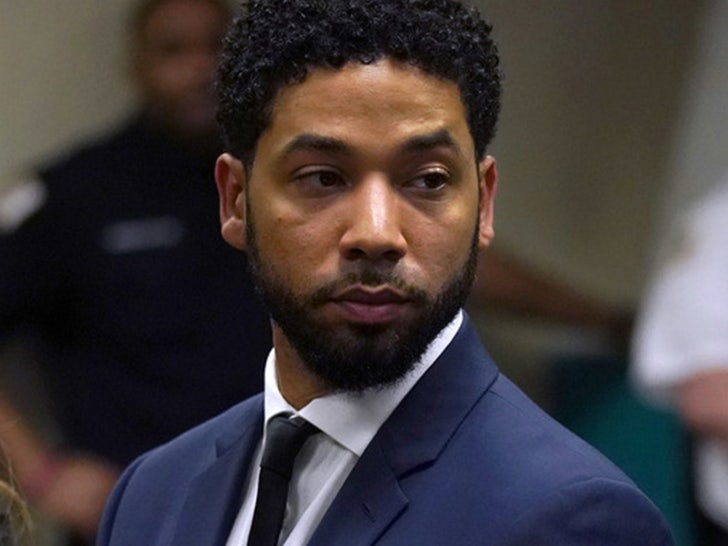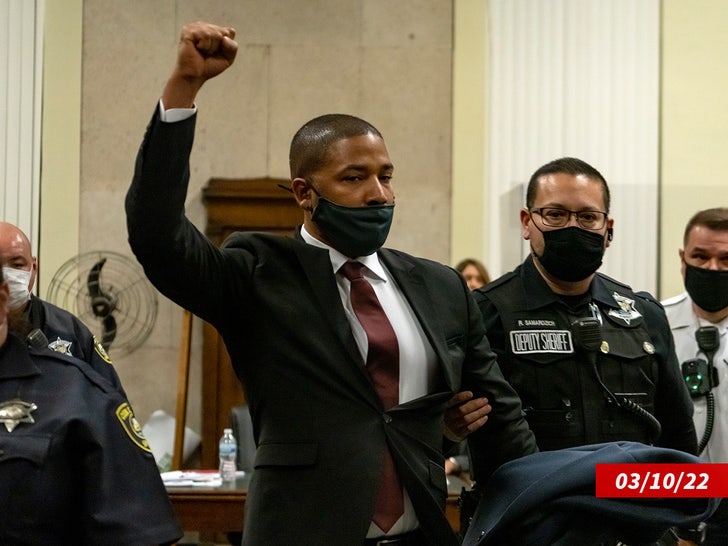Jussie Smollett states to the Illinois Supreme Court that he was offered a specific agreement by prosecutors which was not honored, leading to his second prosecution.
Smollett has recently submitted legal documents to the highest court in Illinois, claiming that the initial indictment was dismissed under the condition that he performs community work and forfeits his bond, ensuring no further prosecution.
Referencing the prosecutor’s statement, Jussie emphasized that a decision was made not to prosecute based on his community service and agreement to forfeit the bond to the City of Chicago.
The prosecutor further stated, “We view this resolution as fair and fitting for this case.”
In response to being indicted a second time, Smollett believes it was a result of yielding to public pressure.
Jussie argues that having fulfilled the conditions of community service and bond forfeiture, reopening the case constitutes double jeopardy.
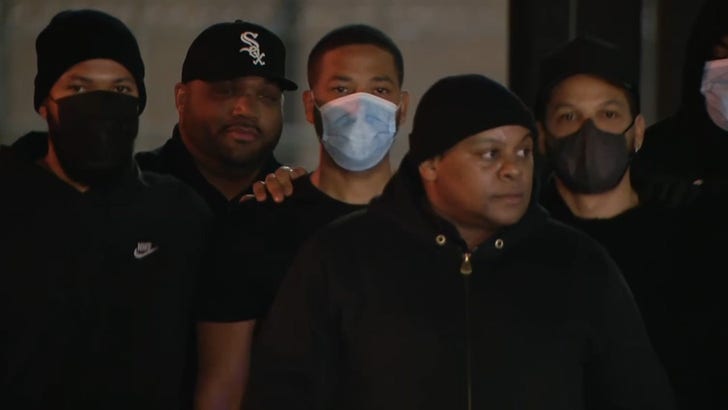
3/16/22
Fox 32 Chicago
Despite the trial judge and Illinois appellate court rejecting Smollett’s argument, he is now seeking justice from the Illinois Supreme Court.
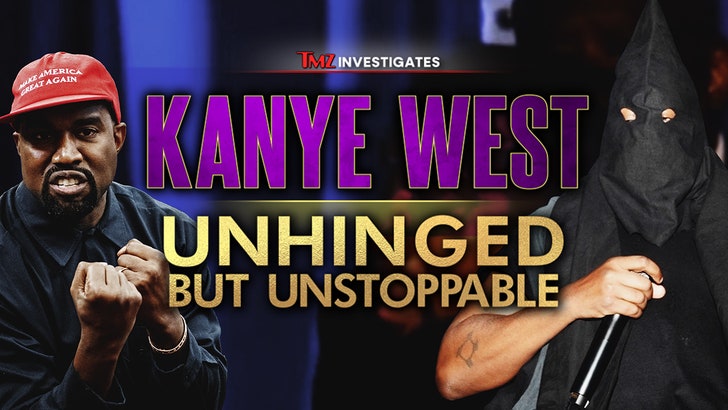
TMZ Studios
Jussie was found guilty of 5 felonies in connection to the fabricated attack and was initially sentenced to 150 days in jail. He served six days before being released pending an appeal.
FAQ
-
What is Jussie Smollett claiming in his legal battle?
Jussie Smollett claims that there was a ‘no prosecution’ agreement with prosecutors, which was not upheld in his case, leading to a second prosecution.
-
What were the conditions of the initial agreement between Smollett and prosecutors?
The agreement included community service and forfeiting his bond to the City of Chicago, in exchange for no further prosecution.
-
Why does Smollett argue that his second prosecution constitutes double jeopardy?
Smollett argues that fulfilling the terms of the initial agreement and then facing prosecution again amounts to double jeopardy.
Conclusion
Jussie Smollett continues to fight against his second prosecution, citing the alleged ‘no prosecution’ agreement made with the State’s Attorney. As the legal battle unfolds in the Illinois Supreme Court, the outcome remains uncertain in this ongoing case.
